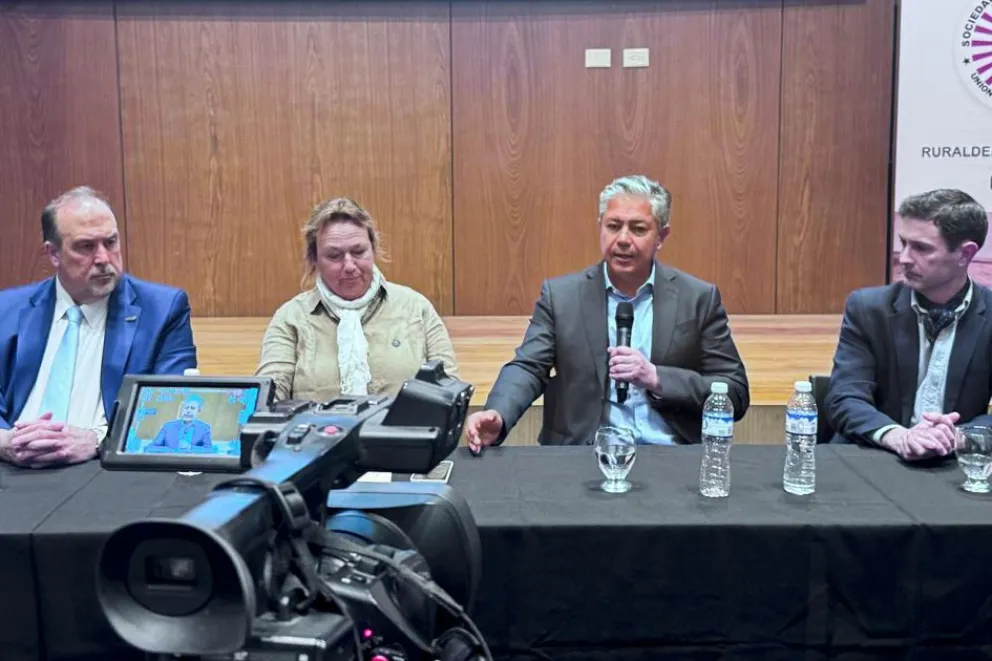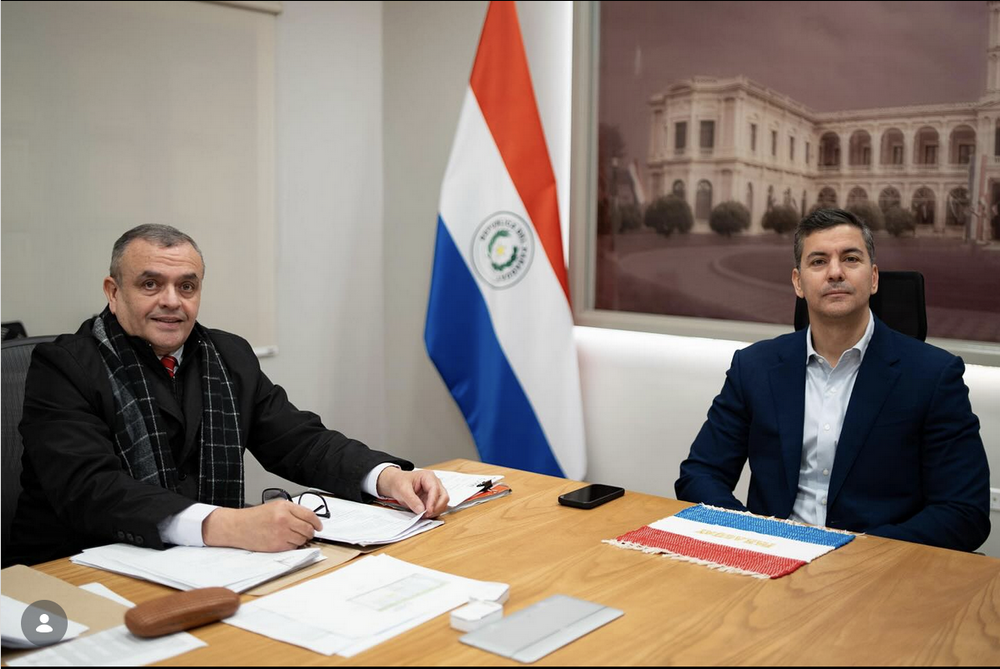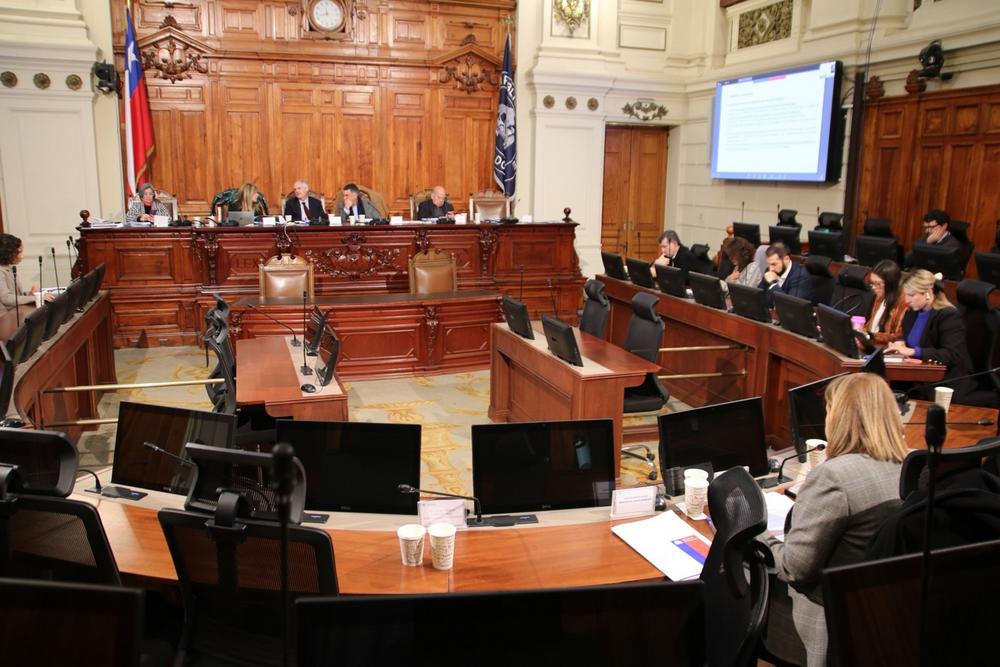BRASÍLIA — In a major move to combat the growth of illegal gambling, Brazil has enacted Law No. 14,790/2023, reinforced by Ordinance SPA/MF No. 566, which imposes strict financial restrictions on unauthorized betting operators.

Under Article 21 of the law, financial institutions (IFs), payment institutions (PIs), and payment scheme initiators are prohibited from maintaining transactional accounts for operators that do not possess a valid license to offer betting services in Brazil. Moreover, these institutions are forbidden from processing deposits or paying out winnings linked to such illegal platforms.
Banks should not ban gambling in Brazil, it is not their job
The regulation defines transactional accounts as those holding player funds and prize money, making them essential to the operation of betting services. By severing access to the financial system, the Brazilian government aims to choke off the monetary lifeline of unlicensed gambling sites.
The Ministry of Finance, through Ordinance 566, outlines compliance obligations, requiring financial entities to implement monitoring systems, risk controls, and reporting mechanisms to identify and block suspicious transactions.

These reforms represent a critical step in Brazil’s gambling regulatory overhaul, as the country prepares to launch its newly legalized sports betting and iGaming market. With the National Secretariat for Prizes and Betting (SPA) overseeing implementation, Brazil sends a clear message: only licensed operators will be allowed to function in the national market.









































